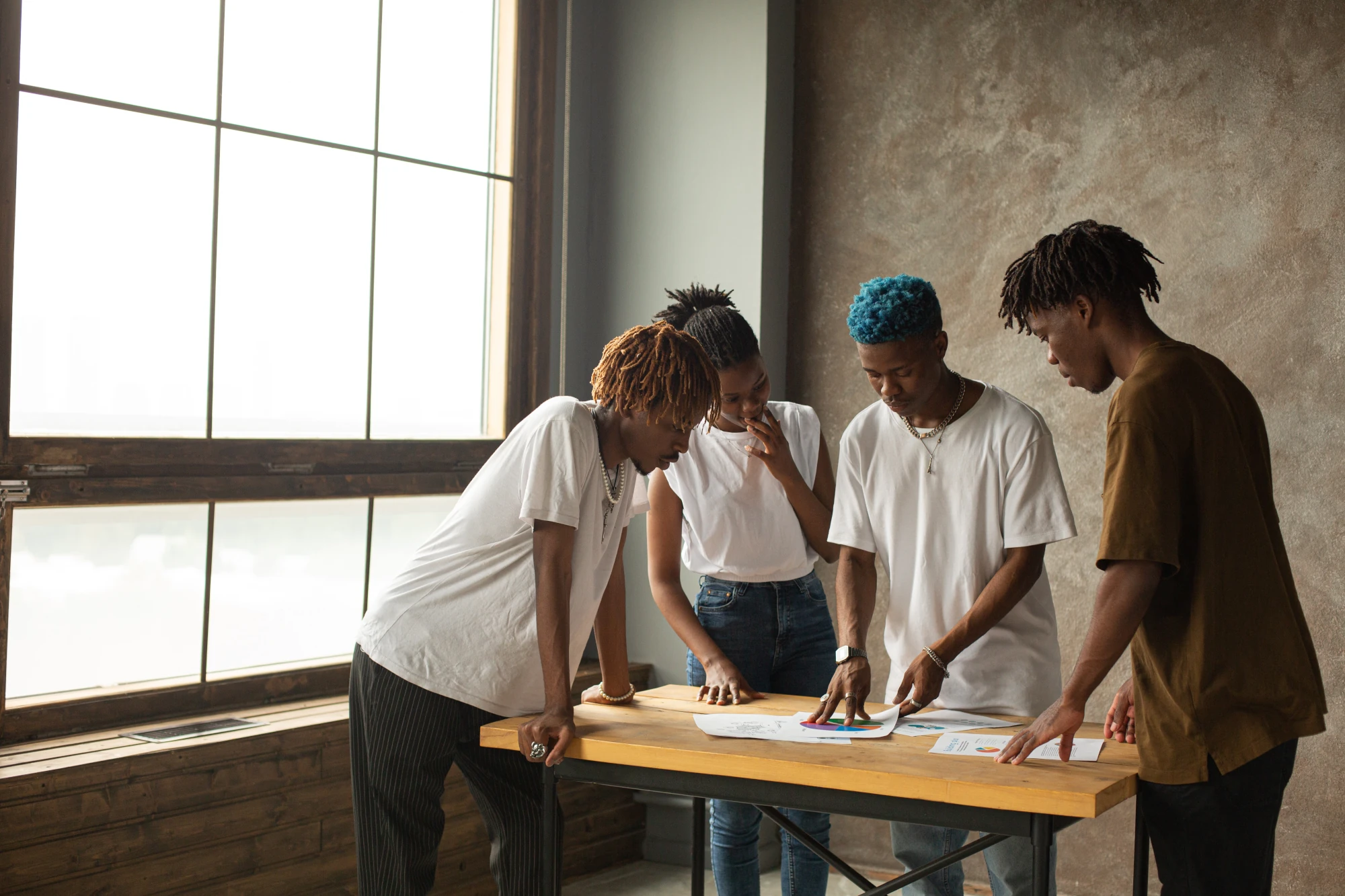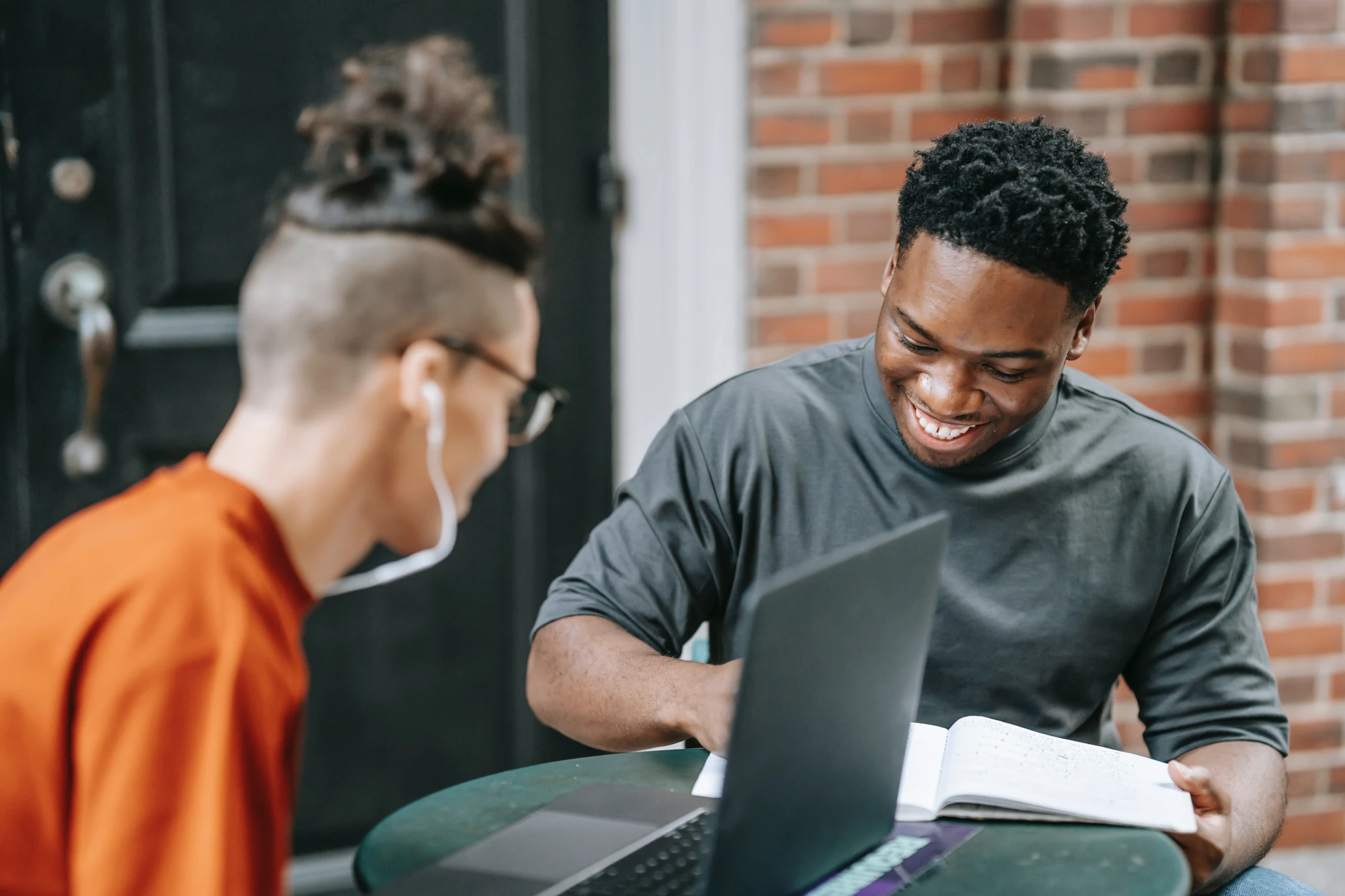Building soft skills is an essential part of any classroom. From emotional intelligence to time management, to communication and interpersonal skills – soft skills are relevant and crucial to every career path, every home life, and every individual’s future.
With the growing importance of remote learning, the question of how to develop these skills in a remote classroom is growing in importance as well.

One of the most important soft skills to develop is communication. Communication is crucial as it is pivotal for teamwork, customer/client interactions, and daily life.
Communication and emotional intelligence are the basis of strong interpersonal skills. Giving students the tools they need to communicate with you and their peers outside of the restraints of your “classroom” is important – ie: message boards, private messages, time for one on one student interactions.
Group work is important for teaching collaboration and communication – especially when so much work is done alone.

Conflict resolution is also key. Finding a way to navigate group work that allows for fair and equitable conflict resolution is critically important – in teaching teamwork skills it is important to help students navigate unfair team situations and conflict in a way that is reasonable, kind, fair, and productive.
Conflict can be a sore point for many with group work, so helping students through it can be a great opportunity to teach conflict resolution, empathy, and interpersonal skills.

Emotional intelligence and growth mindsets are two other critical soft skills to try and integrate into your digital classroom. Empathy and self-awareness are both key elements of emotional intelligence and by demonstrating them in your student interactions you can lead by example.
These are also elements that you can encourage when assisting your students through group projects.

A growth mindset is essential for continuous development and lifelong learning.
Create a learning environment where failure is not to be feared, but something to be learned from – an opportunity for growth. By fostering an environment where learning is comfortable, exciting, and low-stress you can help to foster the next generation of lifelong learners.
Encouraging a growth mindset in your students and in your remote classroom instills an attitude that will serve your students in their academic careers and for the rest of their lives.
Soft skills are critical in every workplace, in every industry, and in everybody’s daily life.
While a remote classroom may feel cold and distant – attempting to overcome the distance and develop these skills in your students is important for their success now and their success in the future.
